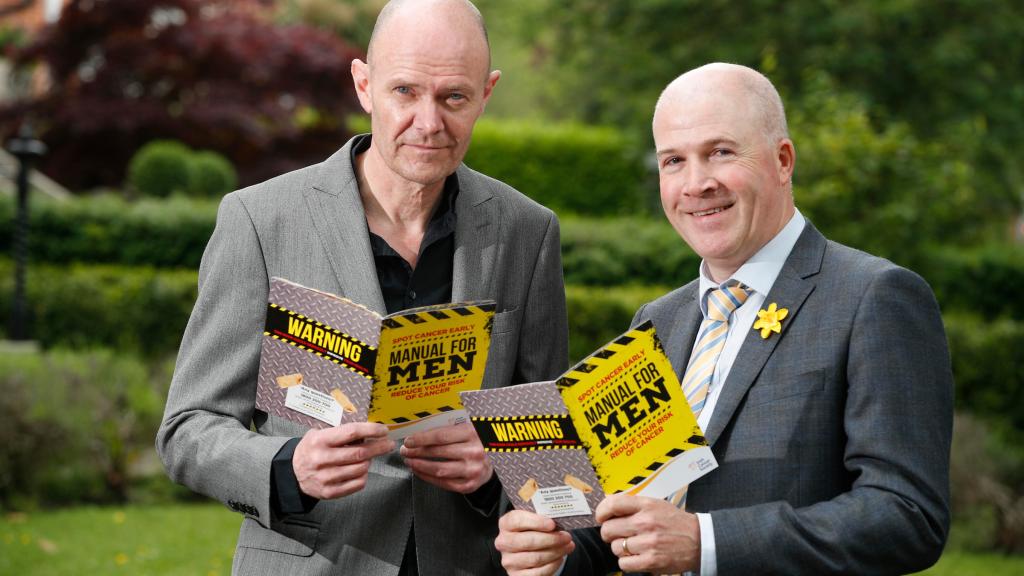
New research shows that men with lower literacy levels less likely to access health information
To mark Men Overcoming Cancer Day (15 June) as part of Men’s Health Week 2017, the Irish Cancer Society has published the Mechanic Study. This new research shows that men with low literacy levels (1 in 3) are less likely to look up cancer prevention information compared to men with high literacy levels (over one in two).
Some of the main findings included:
- More than one in three men with low literacy needed help understanding written information, for example tablet dose
- Men with low health literacy (33%) were less likely to look up health information compared to men with high health literacy (57%)
- 82% of men want cancer prevention information in the future
- Cost is the biggest barrier to men seeking help for health issues, although it was more of a barrier to seeking help for men with lower than higher health literacy (82% v 71%)
The study also identified a number of social, community, relationship and individual barriers and facilitators which affect men’s engagement with cancer prevention information.
Kevin O’Hagan, Cancer Prevention Manager at the Irish Cancer Society said, “2 in 5 people in Ireland have either problematic or inadequate health literacy. Health literacy is defined as the ability to find, understand and use health information. Low health literacy has been shown to negatively affect many health outcomes, including lower cancer screening uptake and cancer survival.
“While we know that more men are diagnosed with invasive cancers each year they are less likely to actively seek out cancer prevention information than women. This study provides an insight on how best to provide health information for men. It’s vital that we present health information for all men that is accessible, easily understood and meets their specific needs.”
Helen Ryan, Policy Officer at NALA said “In the European Health Literacy Survey there was a significant difference between men and women with females having much higher health literacy levels.”
“Because of these statistics, the Irish Cancer Society and NALA decided to undertake research that focused on how the Society can adapt and deliver cancer prevention information to men over 40 years of age. This study particularly looked at lower socioeconomic groups, taking into account potential health literacy and numeracy barriers.”
Aoife McNamara, Information Development Manager at the Irish Cancer Society said, “The role of the Irish Cancer Society is to ensure we deliver cancer prevention information to those that need it in a form that they can and will use. As a result of the research findings and our partnership with NALA, the Society is also using today as an opportunity to launch its newly developed Manual for Men which is the first of our publications to receive the NALA Plain English Mark.
“The Manual for Men aims to provide cancer prevention information to men in an accessible and easy to understand way. It is designed to encourage men to find out about what they can do to reduce their risk of cancer as well as how to spot cancer early,” she said.
Some of the most common cancers in men are skin, prostate, lung and bowel. The good news is that men are much more likely to survive cancer if they spot it at an early stage. At the Irish Cancer Society, we want to see survival rates increase even further in the coming years. The message for all men is to get informed about the risk factors of cancer and what you can do to protect your health.
Mr O’Hagan concluded “We need to be aware of the many complex barriers for men when it comes to accessing health information including the challenge of health literacy. We need to be creative in order to provide men with opportunities to engage with cancer prevention information. We can’t assume everyone receives health information and messages in the same way.”
The Manual For Men is available from www.cancer.ie/menshealth, Irish Cancer Society Daffodil Centres, Boots Stores or contact our Cancer Nurseline to receive a copy. The Mechanic study was supported by Bayer Ltd.
